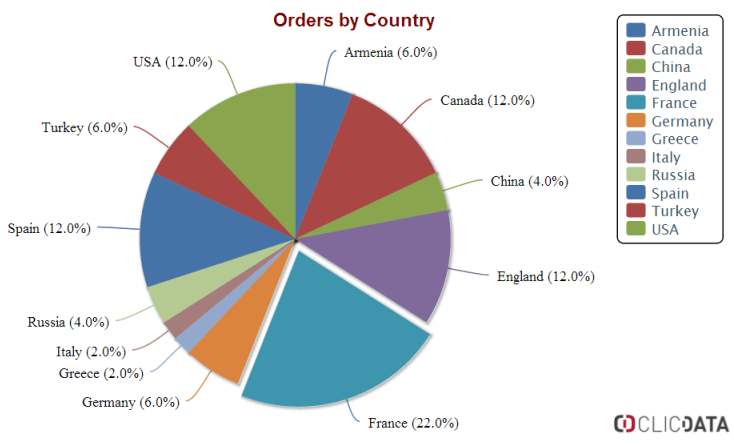As Big Data is becoming more and more popular, those words can nowadays be found in practically every business publication. But what are we exactly talking about and how is information different from data?
As your business is building and growing, you will (actually you must) be stockpiling more and more data, either from your sales department, your IT department or say your HR department. Those data are raw numbers, columns, and rows in an excel sheet, or strings in a database.
How is Information different from Data
They are around, you probably use some of them, but most of it stays dormant. The first step is to transform those data into information. This can be achieved through numerous ways such as sending a query to your database to know which of your clients are still working with you, or setting those data from excel into a pie chart. So, how is information different from data?
Business intelligence is the next step when this information finally makes sense and is turned into actual knowledge your company can use to make decisions.
Let’s take an example. As sales manager of an online-store, your database fills itself every day with data such as the time and date of a purchase, the geographic location of your clients, their age, the total amount of orders, etc. Most likely you will be interested in looking at how much money you make each day, and a few other factors, plus you will have set your systems to send you an update about it each day.
Here you have data transformed into information, it becomes Business Intelligence when you decide to pay attention to all other information you can draw from your data by setting appropriate systems, dashboards or other data visualization applications such as ClicData. You will then have all the keys in your hand to make the most suitable decisions for your business.
Check out these Dashboard Examples that will help clarify your business data.
Data vs Information in Business
Understanding the difference between data vs information in business can be crucial for your business to grow. Knowing that most of your customers are from the age range of 18 to 24, for example, can make you decide to offer more products likely to be bought by this particular age range, thus optimizing your sales. At the same time, you would also realize that most of your customers are based in a specific country, and you could reduce your cost of shipping by either striking a specific deal with a carrier or even installing a warehouse and a distribution center in this country. Those are strategic decisions which will give you the edge over the competition.

With Business Intelligence you will broaden and enhance the range and precision of information you will get from your data, allowing you to take sharper and relevant strategic decisions for your business.
Visit the ClicData website to learn more about data vs information in business.
